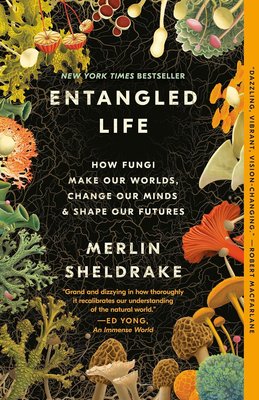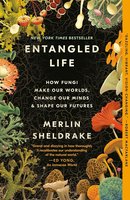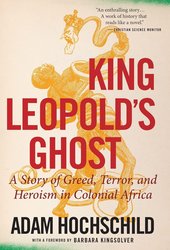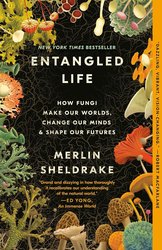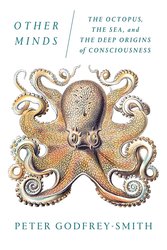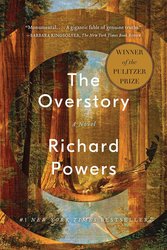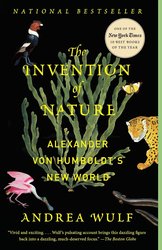NEW YORK TIMES BESTSELLER • A “brilliant [and] entrancing” ( The Guardian ) journey into the hidden lives of fungi—the great connectors of the living world—and their astonishing and intimate roles in human life, with the power to heal our bodies, expand our minds, and help us address our most urgent environmental problems. “Grand and dizzying in how thoroughly it recalibrates our understanding of the natural world.”—Ed Yong, author of An Immense World ONE OF THE BEST BOOKS OF THE YEAR— Time, BBC Science Focus, The Daily Mail, Geographical, The Times, The Telegraph, New Statesman, London Evening Standard, Science Friday When we think of fungi, we likely think of mushrooms. But mushrooms are only fruiting bodies, analogous to apples on a tree. Most fungi live out of sight, yet make up a massively diverse kingdom of organisms that supports and sustains nearly all living systems. Fungi provide a key to understanding the planet on which we live, and the ways we think, feel, and behave. In the first edition of this mind-bending book, Sheldrake introduced us to this mysterious but massively diverse kingdom of life. This exquisitely designed volume, abridged from the original, features more than one hundred full-color images that bring the spectacular variety, strangeness, and beauty of fungi to life as never before. Fungi throw our concepts of individuality and even intelligence into question. They are metabolic masters, earth makers, and key players in most of life’s processes. They can change our minds, heal our bodies, and even help us remediate environmental disaster. By examining fungi on their own terms, Sheldrake reveals how these extraordinary organisms—and our relationships with them—are changing our understanding of how life works. Winner of the Wainwright Prize, the Royal Society Science Book Prize, and the Guild of Food Writers Award • Shortlisted for the British Book Award • Longlisted for the Rathbones Folio Prize
